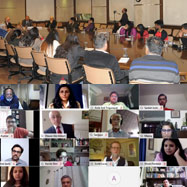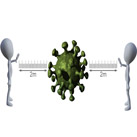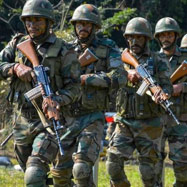What Should Define Integration of Armed Forces?
Unless the armed forces and the security establishment take a singular approach to warfighting, which includes evolving a singular concept of warfighting, identifying threats and challenges, and medium and long-term capability development goals, differences that make headlines will continue to recur time and again.
- Vivek Chadha |
- July 12, 2021 |










